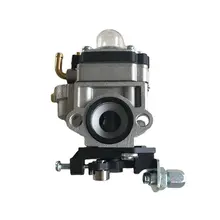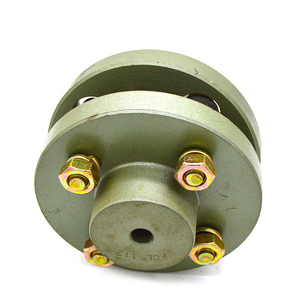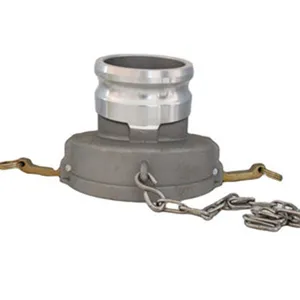Understanding API Coupling in Pipe Systems
API couplings are integral components in the construction of robust pipe systems, serving as connectors between pipes to ensure a seamless flow of fluids. These couplings are designed to meet the standards set by the American Petroleum Institute (API), ensuring compatibility and efficiency across various industrial applications.
Materials and Types of API Couplings
The choice of material for API couplings is critical and is determined by the nature of the fluid being conveyed. PVC couplings are prevalent due to their smooth internal surface, which minimizes flow resistance. Their lightweight nature and cost-effectiveness make them suitable for a wide range of applications. Conversely, for environments where corrosion resistance is paramount, such as underground systems, couplings made from copper are preferred due to their durability and resilience to external factors.
Applications and Features
API couplings are versatile and find applications in both commercial and residential settings. They are essential in systems that require a secure and leak-proof connection. Specialized components like P-traps are utilized in waste systems to prevent odors by trapping water, while pipe caps are used to terminate lines or protect threads. The application dictates the type of coupling and additional components required to ensure the integrity and functionality of the pipe system.
Advantages of Using API Standard Couplings
Employing API standard couplings in pipe systems brings numerous advantages. These couplings are designed to withstand the demands of the fluids they transport, whether in manufacturing environments or residential plumbing. The adherence to API standards means that these couplings provide reliable connections that maintain the integrity of the pipe system under various conditions.
Selection Criteria for API Couplings
Selecting the appropriate API coupling involves considering factors such as fluid characteristics, pressure requirements, and environmental conditions. It is crucial to match the coupling material and design to the specific needs of the pipe system to ensure optimal performance and longevity.
Integration with Pipe Systems
Integrating API couplings into existing or new pipe systems requires careful consideration of the system's specifications and the coupling's compatibility. The correct coupling ensures a secure fit and seamless operation, contributing to the overall efficiency and safety of the fluid transport network.












































 浙公网安备 33010002000092号
浙公网安备 33010002000092号 浙B2-20120091-4
浙B2-20120091-4